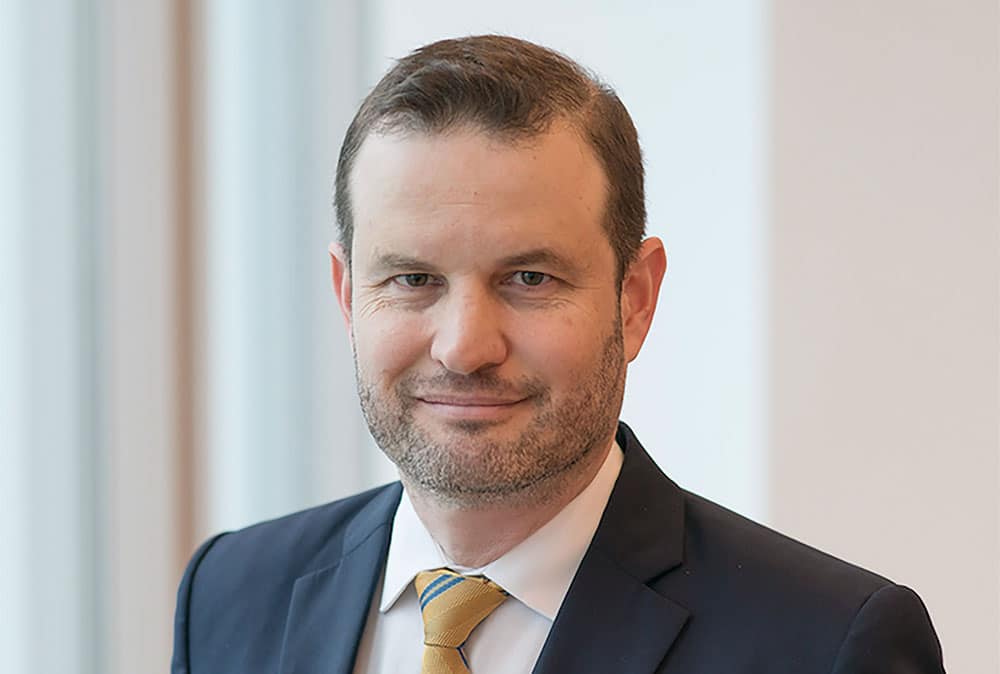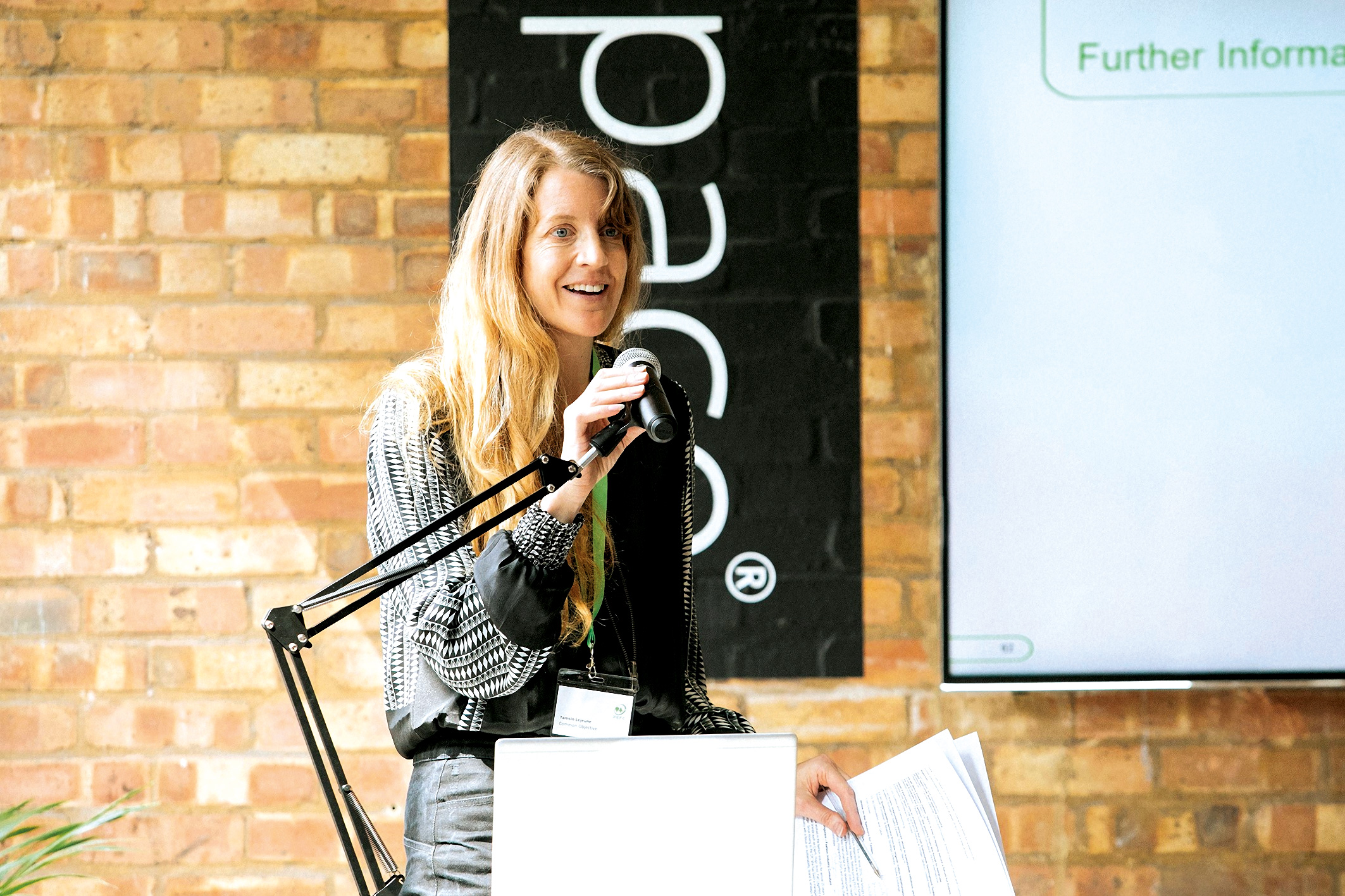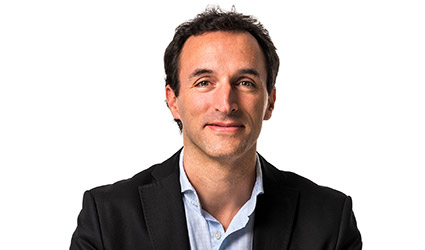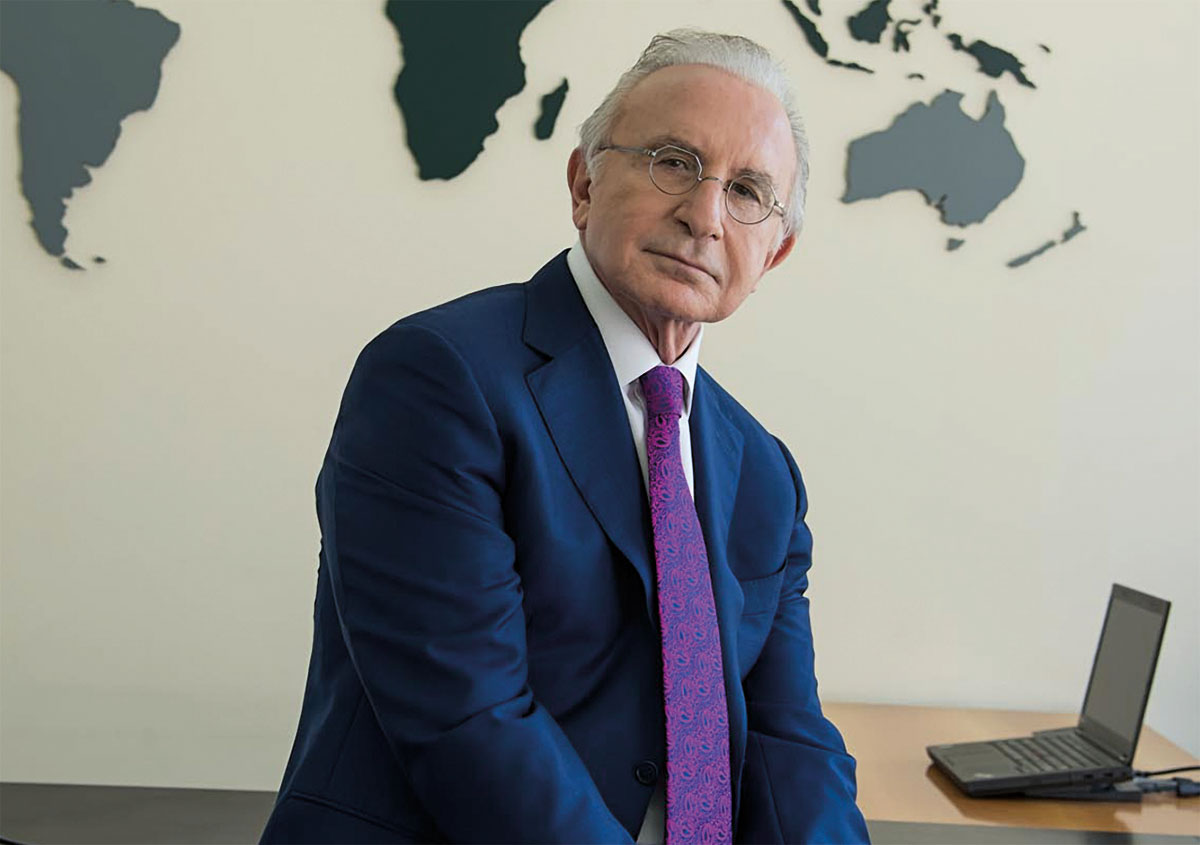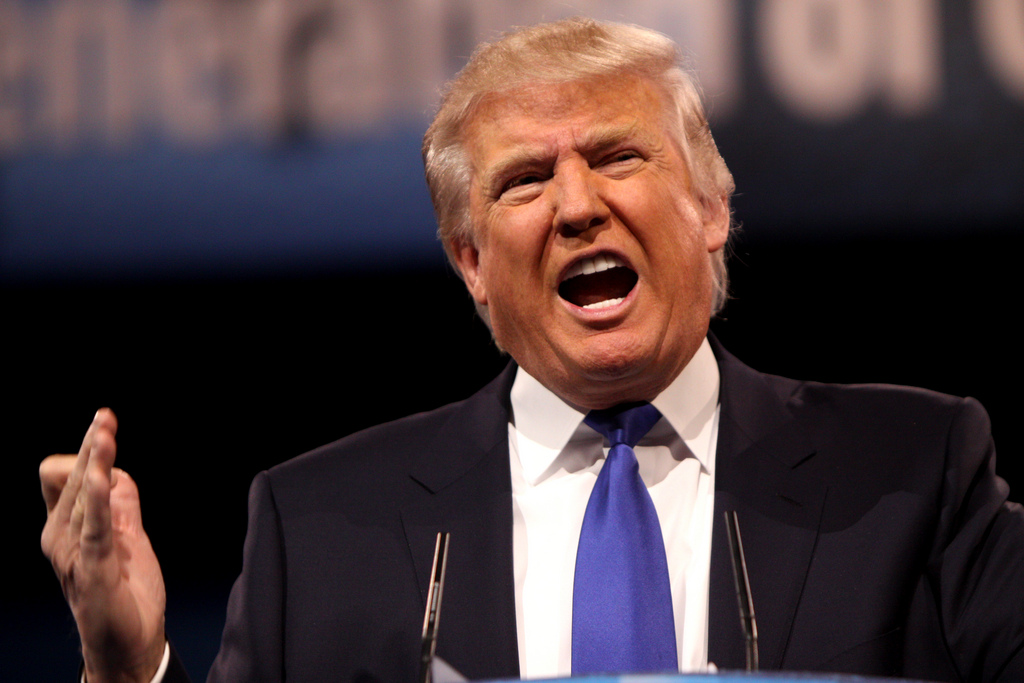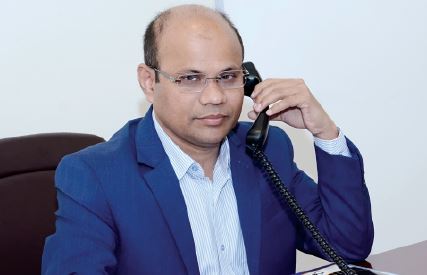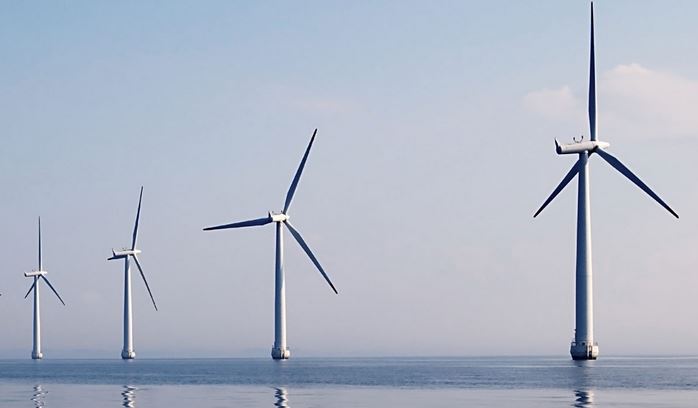[vc_row][vc_column width=”1/2″][vc_column_text]
Bangladesh
The People's Republic of Bangladesh has a developing market economy. Since 2005, its economy has been growing at roughly 6% per year. In the year 2019 (1st quarter), it became the world's 7th fastest growing economy with a real GDP growth rate of 7.3%. A developing country, Bangladesh, now has the 2nd highest foreign exchange reserves after India in South Asia. In the FY 2016-17, garments were the backbone of nation's industrial sector, accounting for a significant share (more than 80%) in total exports. The textile products are the nation's highest export earner. Along with textiles and garments, the country also exports leather and leather goods, pharmaceuticals and other chemical products etc. The country regularly ranks in the top three in world textile exports. The export growth in the garment sector and foreign remittances received from Bangladeshis working abroad have contributed heavily to the nation's foreign exchange reserves. China and India are the main import partners of the country. The major import goods are: Textiles and Textile Articles, Machinery and Mechanical Appliances, Electrical Equipment etc. Modern Bangladesh adopted a socialist model of economics which resulted in the nationalisation of industries. Subsequent military regimes and governments restored free markets and the private sector was promoted. The majority of the population earn their livelihood from agriculture. Owing to the population pressure, the production capacity faces severe burdens leading to problems of food deficit. The country has a dynamic ready-made garment industry which has created many new jobs and mostly for women. The industrial sector is brewing over the years as the working conditions of factories are not ideal. Labour costs are among the lowest in the world and favoured by many western multinationals. The country's GDP receives 51% contribution from the service sector. Political instability, institutional corruption, poor infrastructure and grim implementation of economic reforms have been roadblocks in its growth story. Recently, the country has made strides in its energy infrastructure, together with the beginning of LPG imports in the year 2018. All these steps are helpful in removing the bottlenecks from country's growth story.
[/vc_column_text][vc_column_text] Its population in 2018 was 166,368,149 [1]
Its population in 2018 was 166,368,149 [1]
 In 2015, 34.75% of its total energy
In 2015, 34.75% of its total energy
consumption was renewable [2]
 In 2021, its GDP grew by 6.94% [2]
In 2021, its GDP grew by 6.94% [2]
 In 2021 it had a negative Current
In 2021 it had a negative Current
Account Balance of US$bn 4.58 [3]
What free trade areas or economic unions is it a member of?
None
[/vc_column_text][vc_column_text]What trade deals are there with other countries and economic unions?
Protocol on Trade Negotiations (from 11/02/1973)
Asia Pacific Trade Agreement (from 17/06/1976)
South Asian Free Trade Agreement (from 01/01/2006)
[/vc_column_text][/vc_column][vc_column width=”1/2″][vc_column_text]The Long-term Growth of Sustainable Investing
Tamsin Lejeune: Saving the World in Style
Sergi Herrero, Co-CEO of VEON: Product as Mission
Metito: Group with a Grasp of Synergy and Solidity
Davos: Seizing the Moment – Or Not
MIGA Exclusive Interview: Business Priority to Work With All People
IFC on Climate Smart Investment: A Gateway for Green Growth in South Asia
The Local Climate Adaptive Living Facility (LoCAL) of UNCDF: Climate Change Impacts on Natural and Human Systems
CFI.co Meets the Managing Director of Bangladesh Building Systems: Abu Noman Howlader
World Bank: Asian Countries are among Top Achievers on Sustainable Energy Progress
Trade with the United Kingdom
Source: UK Office for National Statistics, October 2022.
Contains public sector information licensed under the Open Government Licence v3.0.
















































































